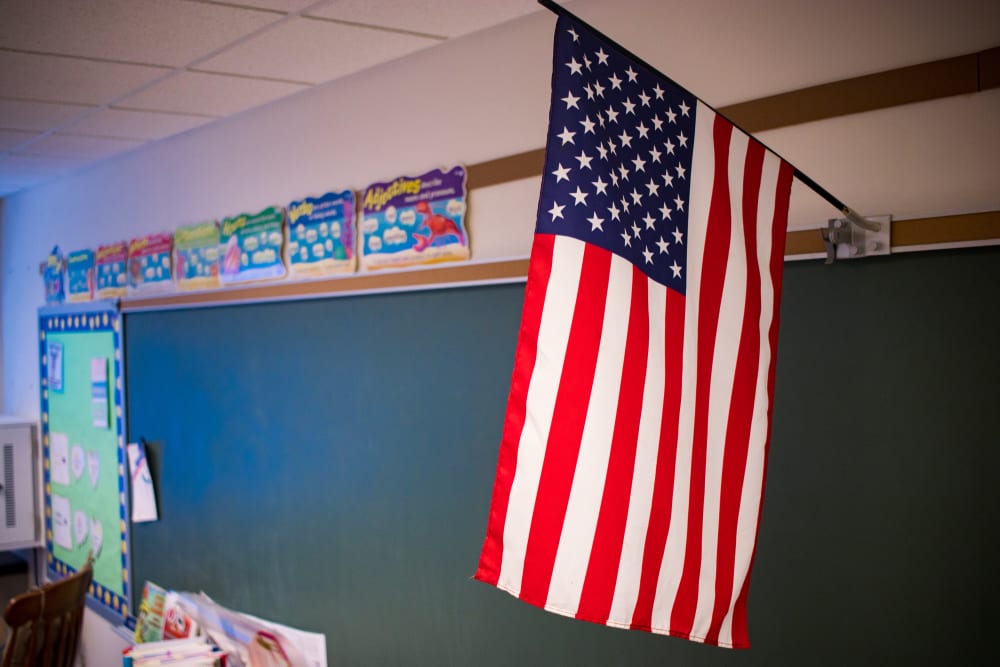Europeans visiting the states often comment on the ubiquitous flags, and patriotic displays. Me, I've noticed an ever increasing adulation of the military and, to a lesser extent, the police.
Perhaps, although Europeans have a much more extensive history of nationalism than in the U.S. Some European countries also seem to emphasize obedience and deference to a quasi-monarchistic hierarchy and national traditions which most Americans find incomprehensible. In contrast, America's national identity and traditions are largely borrowed and somewhat contrived. As a consequence, all we really have to keep the country together are flags and patriotic displays - along with the military and the police.
Some people say that Americans are unified by our belief in freedom, but freedom is an abstraction, and beliefs require symbols.
When Colin Kaepernick and others began kneeling during the national anthem during (American) football games there was widespread criticism of this "unpatriotic, anti-American" display. Everyone was supposed to rise to attention, face the flag and place their hands over their hearts or something.
I think a lot of people may have misunderstood the intent. Part of the fault may lie with a certain irritating characteristic I've noticed in popular culture and media these days. People seem to be more focused on wanting to be clever and cute, rather than clear and concise. They're more obsessed with image - style over substance - and as a result, the message gets lost, garbled, or misconstrued.
But if you don't want political dissent during a sports game, don't turn it into a political rally with anthems, flag-waving and standing to attention.
Create a political event and you should expect political commentary.
I think there's a difference in perception in that some people think of patriotism as being above politics. Traditionally and historically, Democrats and Republicans would stand for and recite the Pledge or sing the National Anthem. It didn't matter what their political differences might have been; they just did it, because it was all about America.
As for sporting events, one thing that strikes me about it is that, I've been at games where there'd be fans from the visiting team present in the stands. Of course, sports fans (particular those of arch rivals) can be very partisan, and they'll razz, insult, and harass fans of the other team. Most of it is all good-natured, light-hearted fun, but there are some fans who can get even more extreme and even violent. (I've heard that it's even worse in Europe, with their "soccer hooligans" or whatever they're called.)
But when they all rise for the National Anthem and show respect for the flag, there's a temporary sense of unity. Whatever sports rivalries exist don't really matter for those few moments, as we're all Americans and unified against the "godless communists" or whatever the current enemy of the day might be.


